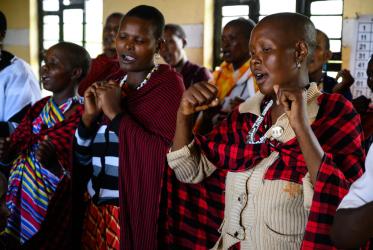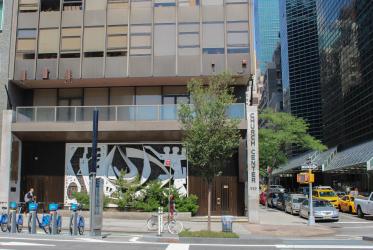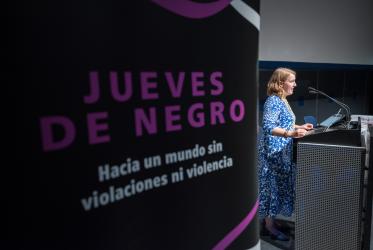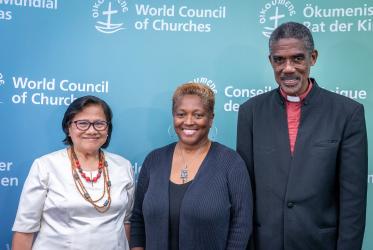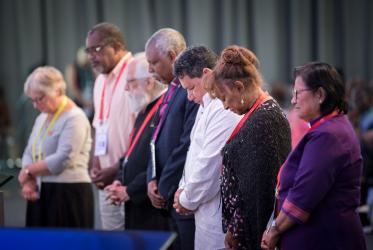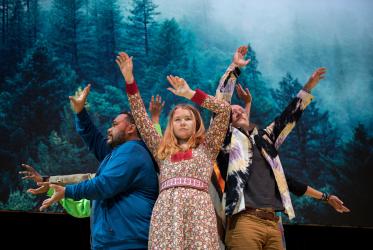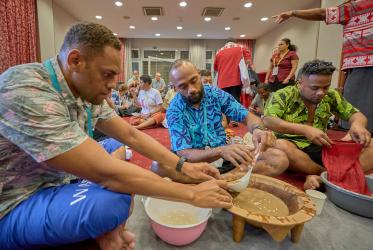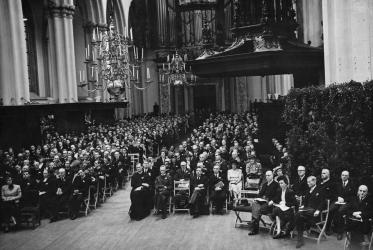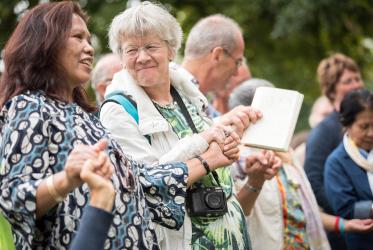Displaying 121 - 140 of 1250
In New York City, the spirit of Thursdays in Black is thriving
06 October 2022
Squid Game and Ganggang Sullae: workshop reflects on youth poverty
16 September 2022
Are you a #ThursdaysinBlack trailblazer?
08 September 2022
Uppsala 1968: The times, they were a’changing
06 September 2022
WCC 11th Assembly elects eight new presidents
05 September 2022
Regional perspectives brought to the 11th Assembly
05 September 2022
Women with disabilities want to belong in churches
31 August 2022
